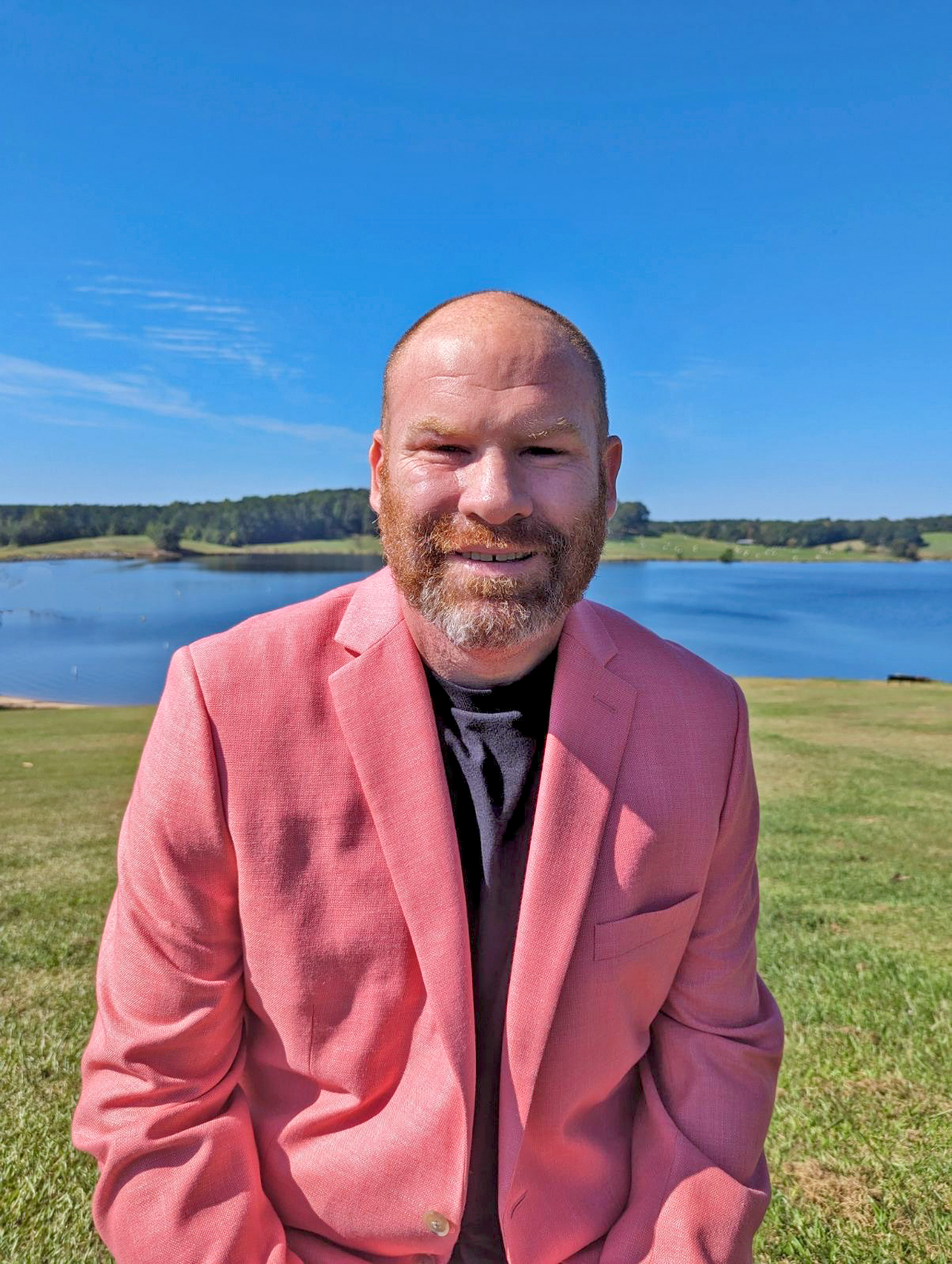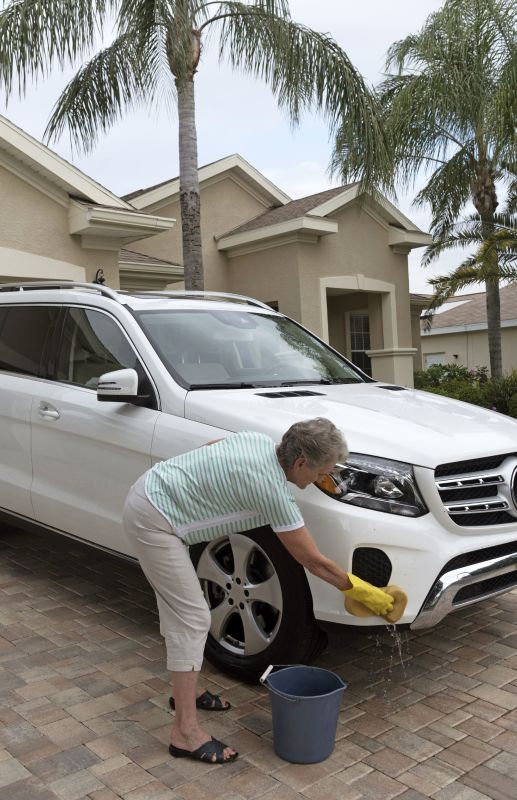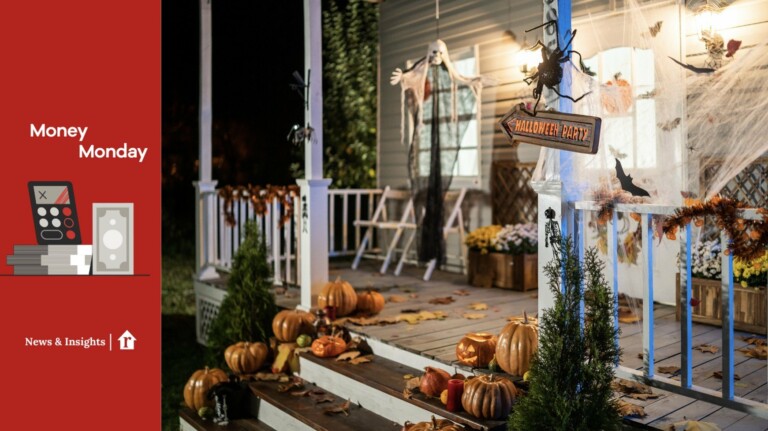Flood Insurance in Savannah, GA: 3 Mistakes That Could Cost You Thousands
Savannah, GA, has many perks—beautiful historic homes, a charming coastal lifestyle, and lush landscapes. But living near the coast also means being more vulnerable to flooding, making flood insurance a critical consideration for homeowners like us.
Unfortunately, I’ve learned that many people, including myself, make costly mistakes when buying flood insurance that can leave us financially vulnerable.
Today, I want to discuss the three most common mistakes people make when buying flood insurance. I’m sharing these because they’re mistakes I made myself when I bought flood insurance more than ten years ago for a home in a flood zone, just like the one you might be considering. This experience is exactly why I started making videos every day on my YouTube channel. I don’t want you to go through what I did.
Let’s dig into these mistakes so you can avoid them and make better choices.
Do I Need Flood Insurance in Savannah, GA?
If you’re like me, you’ve probably wondered whether flood insurance is really necessary. Savannah is a city known for its stunning coastlines and rich history, but these same features make it more susceptible to flooding, especially during heavy rainstorms or hurricanes.
Savannah is dotted with designated flood zones, including high-risk zones known as Special Flood Hazard Areas (SFHAs). If you have a mortgage from a federally regulated or insured lender, flood insurance isn’t just a recommendation—it’s a requirement.
When I was a new homeowner, I didn’t know what I was doing. My bank didn’t either, nor did my real estate agent or insurance company. None of us knew the right questions to ask. We thought everything was the same when it came to flood insurance. I want you to avoid that trap.
Even if your lender doesn’t require flood insurance because you’re not in a high-risk zone, I recommend considering it. Regular homeowners insurance won’t cover flood damage, which can leave you facing significant financial losses. Whether you’re in a high-risk or low-risk area, having that extra layer of flood insurance coverage can give you peace of mind.
Mistake #1: Assuming All Flood Insurance Pricing Is the Same
One of the biggest mistakes I made was thinking all flood insurance policies were priced the same. This isn’t true. Even with the National Flood Insurance Program (NFIP), pricing can vary based on several factors, like your home’s coverage amounts and whether you’re transferring someone else’s existing policy. For instance, I once transferred my policy to the home buyer behind me for $300 a year compared to the $3,000 rate they would’ve paid for a new policy. That’s a huge difference, right?
When I bought my house, I quickly learned that private flood insurance companies have different rates based on their assessments of specific risks. These companies might offer better premiums or more comprehensive coverage options compared to NFIP. It’s essential to shop around and not just settle for the first quote you get.
How to Avoid This Mistake:
- Get Multiple Quotes: I learned the importance of getting at least one quote from the National Flood Insurance Program and a couple more from private flood insurance companies. Comparing these options can save you a lot of money.
- Ask About Policy Transfers: If you’re buying a home, ask the current homeowner if they have an existing NFIP policy that you can take over. This simple step can save you from higher premiums.
Mistake #2: Not Having Enough Flood Insurance Coverage in Savannah, GA
Another significant mistake I made was not having enough flood insurance coverage. Many homeowners, myself included, assume that the standard NFIP coverage limits—$250,000 for the building and $100,000 for contents—are sufficient. But the reality is, that these limits may not cover the full cost of rebuilding your home or replacing your belongings, especially considering today’s construction and material costs.
In Savannah, GA, where floods can cause extensive damage, it’s easy to underestimate the total cost of recovery. Back when I was new to this, I didn’t realize that you could get more coverage. Many people think those NFIP limits are all that’s available, but that’s not true. You can purchase an excess flood insurance policy on top of your NFIP policy, or go directly to a private flood insurance policy, which might offer higher limits and better protection.
This is particularly important when considering the replacement cost. The replacement cost is the actual amount it will take to rebuild your home if it’s destroyed. Too often, homeowners find themselves receiving a check for a fraction of the damage costs because they didn’t have the right coverage in place. I’ve seen homeowners get a $15,000 check on a $100,000 policy after a flood—simply because they didn’t have adequate coverage.
How to Avoid This Mistake:
- Assess Your Property’s Value: Work with an insurance agent to accurately evaluate the replacement cost of your home and belongings. Don’t rely on rough estimates. Make sure your flood insurance policy covers these amounts.
- Consider Excess Flood Insurance: As I mentioned before, you can get what’s called an excess policy on top of a National Flood Insurance Program policy. This additional coverage can bridge the gap if NFIP limits are insufficient, ensuring you’re fully protected.
- Understand What’s Covered: Make sure you know what your policy covers and what it doesn’t. This includes coverage for both the structure and contents of your home. Don’t get to the closing table or claim time and realize too late that you’re underinsured.
Mistake #3: Buying Flood Insurance in Savannah, GA Without Proper Research
The third mistake I made, and one that many homeowners make, is buying flood insurance in Savannah without doing enough research. When I first bought my flood insurance policy, I didn’t fully understand the different options available.
I assumed that the first policy I was offered would provide the coverage I needed. I didn’t take the time to explore the differences between NFIP policies and those offered by private insurers. This lack of research could have easily left me underinsured or paying higher premiums than necessary.
Buying flood insurance isn’t as simple as buying a standard homeowners insurance policy. There are specific factors you need to consider, especially when living in a flood-prone area like Savannah. For example, private flood insurance policies can often offer more flexible coverage options, higher limits, and potentially lower premiums compared to NFIP policies. But without proper research, you might miss out on these better options.
How to Avoid This Mistake:
- Do Your Research: Spend time understanding the different types of flood insurance policies available. Look into both NFIP policies and private flood insurance options to see which best fits your needs.
- Consult with an Insurance Agent: An experienced insurance agent can provide valuable insights into the best coverage options for your specific situation. They can help you understand the differences between policies and guide you in making an informed decision.
- Read Reviews and Testimonials: Learn from the experiences of other homeowners in Savannah. Look for reviews and testimonials about different insurance providers and policies. This can give you an idea of what to expect and help you avoid making the same mistakes others have made.
Additional Tips for Homeowners in Savannah, GA
- Review Your Flood Risk Regularly: Flood zones can change over time due to new construction, changes in local water bodies, or updated risk assessments. Use FEMA flood maps to stay updated on your property’s flood risk. Some properties might be at low risk while others are at high risk.
- Implement Flood Mitigation Measures: Consider flood-proofing your home by installing sump pumps, elevating electrical systems, and using water-resistant materials in flood-prone areas. These measures can also help lower your insurance premiums and chances of having to file a flood insurance claim.
- Consult with Insurance Professionals: Work with local insurance agents who understand Savannah’s unique flood risks. They can provide tailored advice on selecting the right flood insurance coverage for your needs.
Flood insurance is a crucial investment for homeowners in Savannah, GA, given our city’s high flood risk due to its coastal location and susceptibility to severe weather. By avoiding common mistakes—like assuming all insurance policies are priced the same, not securing enough coverage, and not doing enough research before buying flood insurance—you can ensure that you’re adequately protected.
Take proactive steps now to evaluate your flood risk and work with experienced insurance professionals. Getting a flood insurance quote is as easy as 123. Just fill out the form, review the flood insurance options, and finalize the policy. This way, you’ll have peace of mind and financial security in the event of a flood.
Frequently Asked Questions (FAQs)
How Do I Determine My Flood Zone in Savannah, GA?
You can determine your flood zone or risk zone by consulting FEMA’s flood maps or by contacting your local municipality for detailed information. Insurance agents can also provide guidance based on your property’s location. You can also use the flood insurance guru risk tool.
What Are the Differences Between NFIP and Private Flood Insurance?
NFIP policies are federally regulated and backed by the Federal Emergency Management Agency, offering standard coverage and rates. Private flood insurance is underwritten by private insurers, often offering more flexible coverage options and varying premiums based on specific risks.
How Much Is Flood Insurance in Savannah?
Flood insurance costs in Savannah vary based on factors like your property’s location, elevation, flood risk, and the amount of coverage needed. These factors typically are different from what determines the cost of home insurance in Savannah GA. On average, premiums range from $350 to $3,000 annually. Higher premiums may apply in high-risk areas.
What Does Flood Insurance Cover in Georgia?
Flood insurance typically covers damage caused to the building structure and personal property due to flooding. It includes coverage for water damage from rising water, heavy rain, and other natural flooding events. However, it may not cover all perils or negligence-related issues.
Do I Need Flood Insurance If I Have Homeowners Insurance?
Yes, homeowners insurance does not cover flood damage. A separate flood insurance policy is required to protect your home from flood-related losses.
Information contained on this page is provided by an independent third-party content provider. This website make no warranties or representations in connection therewith. If you are affiliated with this page and would like it removed please contact editor @producerpress.com


.png?width=1280&height=720&name=NEW%20Thumbnail%20(8).png)





